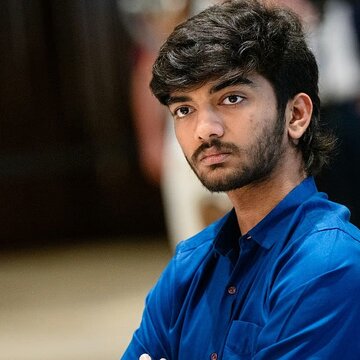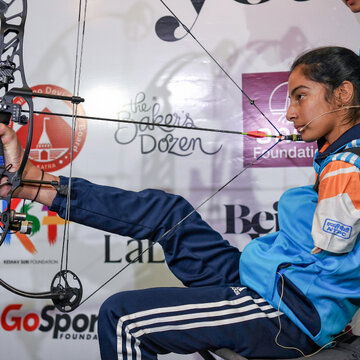Following Daniel Naroditsky’s death, the chess world has turned against Vladimir Kramnik. Kramnik, one of the known names among the elite achievers, is facing one of the harshest public reckonings of his career. There is a petition for his lifetime ban that has received more than 14,000 signatures. FIDE has announced it will formally examine Kramnik’s public statements and conduct through its Ethics and Disciplinary Committee.
Allegations and escalating backlash
Naroditsky passed away at the age of 29. The cause of death remains under investigation, with many pointing to the sustained indictments of cheating done by Kramnik as a contributing factor to his mental distress. Kramnik has denied any personal feud; rather, he continues to assert he has evidence of wrongdoing by Naroditsky. The leading voices, including fellow grandmasters, have condemned Kramnik’s campaign as “appalling and outright shameful.” They mentioned that his behaviour crossed the line from concern to harassment. The petition urges not only a ban but also the revocation of Kramnik’s titles, which reflects the intensity of the crisis.
FIDE’s response
FIDE has swiftly followed President Arkady Dvorkovich's orders. The organisation will examine Kramnik’s public remarks and potentially impose penalties ranging from suspension to a lifetime ban. The observers noted that the governing body’s record of handling similar cases suggests that any sanction may be mild. The petition asks for a broader reckoning in chess over accountability and the limits of speech within professional competition.
The petition against Vladimir Kramnik resonates far more than fan outrage. It emphasises the fragility of prestige and the stakes when allegations turn public. Whether FIDE issues a strong sanction or a muted rebuke, the consequence will reflect beyond one individual. The community seems to urge clearer lines between oversight, free speech and personal responsibility.











